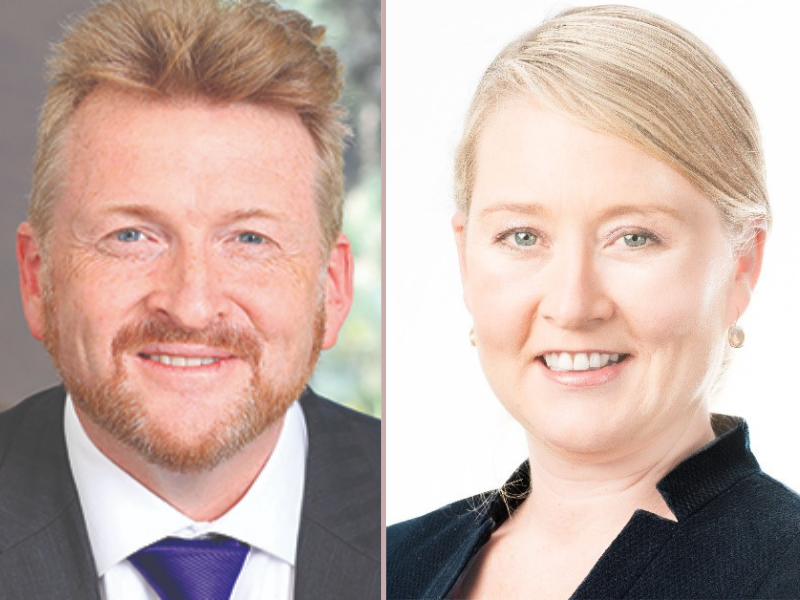Public sector leaders on the opportunities created by post-election change

Mark Webb, Chief Executive, Department of Parliamentary Services, Parliament of NSW and Tracey Taylor, Chief People Officer and Deputy Secretary of Corporate Services, Transport for NSW
Our Institute of Public Administration Australia (IPAA) NSW division spoke with two public sector leaders, Mark Webb, IPAA NSW President and Chief Executive, Department of Parliamentary Services, Parliament of NSW and Tracey Taylor, Chief People Officer and Deputy Secretary of Corporate Services, Transport for NSW about managing and leveraging change during the post-election period.
Thinking back, can you identify a moment of post-election change in the past that created opportunities for you to improve the way you worked or the work that you did?
Mark: An election that results in a change of government creates the opportunity to look at the problems that your area of public policy faces with a new perspective. A great example of this for me was the creation of the Public Service Commission after the 2011 election/change of government, which heralded a whole new way of looking at the NSW public sector workforce.
Tracey: I’m of the view that change is and should be continuous. We need to move away from the idea that a change of government is the only thing that creates opportunity for change in the public sector and should in fact be looking for opportunity every day. The public sector is moving just as quickly to adapt to change as the private sector. At Transport, we have started to bring together multi-disciplinary teams so that we’re able to work in an ever-changing environment on an ongoing basis, driving outcomes to meet the needs of our people and the communities we serve.
Are there ideas/insights that helped you to make the most of that opportunity or resources that helped with adapting to that new way of work?
Mark: I realised that new governments more often disagree with the solutions that the previous government put in place, rather than the problems they were trying to resolve. This insight caused me to try to rethink my approach to the issues facing my portfolio when facing a new political context and think about solutions that align with the values and perspectives of the new government. As the old saying goes, ‘there are many ways to skin a cat’.
Tracey: To keep pace with industry and the private sector as a modern organisation, we need to build a culture of continuous change because at the end of the day, that’s what people want. We’re seeing lots of people come across from private sector eager to make change and just as many public sector “for lifers” challenging themselves to use technology and leverage innovation to do things differently and try new roles. As a public service agency, we’re seeing that by working collaboratively with all kinds of skillsets we’re able to develop more robust solutions and deliver better value to end users of our transport systems and services.
Change can sometimes be quite confronting personally. How do you manage yourself when you are working through moments of uncertainty or change in your work?
Mark: One of the things that can be confronting is that the trust you or your agency might have built up with a previous minister or government does not necessarily translate to a new minister or government. I remind myself that working to support and implement the agenda of the new government is also a way to build trust, and that building trust takes time. No matter what your role is, you can always contribute to building trust in the services you provide and the proposals you contribute to.
Tracey: We can’t escape the fact that change and uncertainty can ignite feelings of instability for people, especially in the workplace. On the contrary, I’ve always been very open to change – viewing it as an enabler to innovate and improve the way we work. I have a habit of bringing a continuous change improvement lens to the organisations I find myself in and am always blown away by how this altered view of change really enables people to thrive in the workplace.
